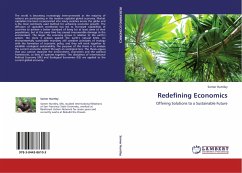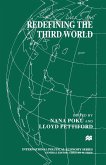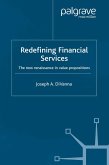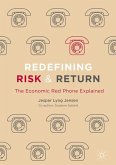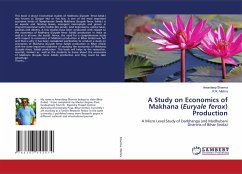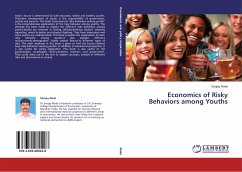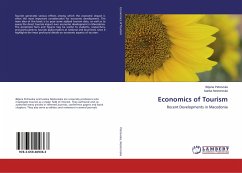The world is becoming increasingly interconnected as the majority of nations are participating in the modern capitalist global economy. Market capitalism has been incorporated into many societies across the globe and is the most commonly used method for achieving economic growth. The diffusion of capitalism worldwide has led to increased capabilities of countries to achieve a better standard of living for at least some of their populations, but at the same time has caused irrecoverable damage to the environment. The larger the economy grows in relation to the earth s system, the more it presses against the earth s natural limits. An environmentally sustainable economy will combine principles of ecology with the formation of economic policy, and they will work together to establish ecological sustainability. The purpose of this thesis is to analyze the current economic system through an ecological lens. The thesis argues that you cannot separate the environment, economics and the political frameworks, as they all operate together. The disciplines of International Political Economy (IPE) and Ecological Economics (EE) are applied to the current global economy.
Bitte wählen Sie Ihr Anliegen aus.
Rechnungen
Retourenschein anfordern
Bestellstatus
Storno

